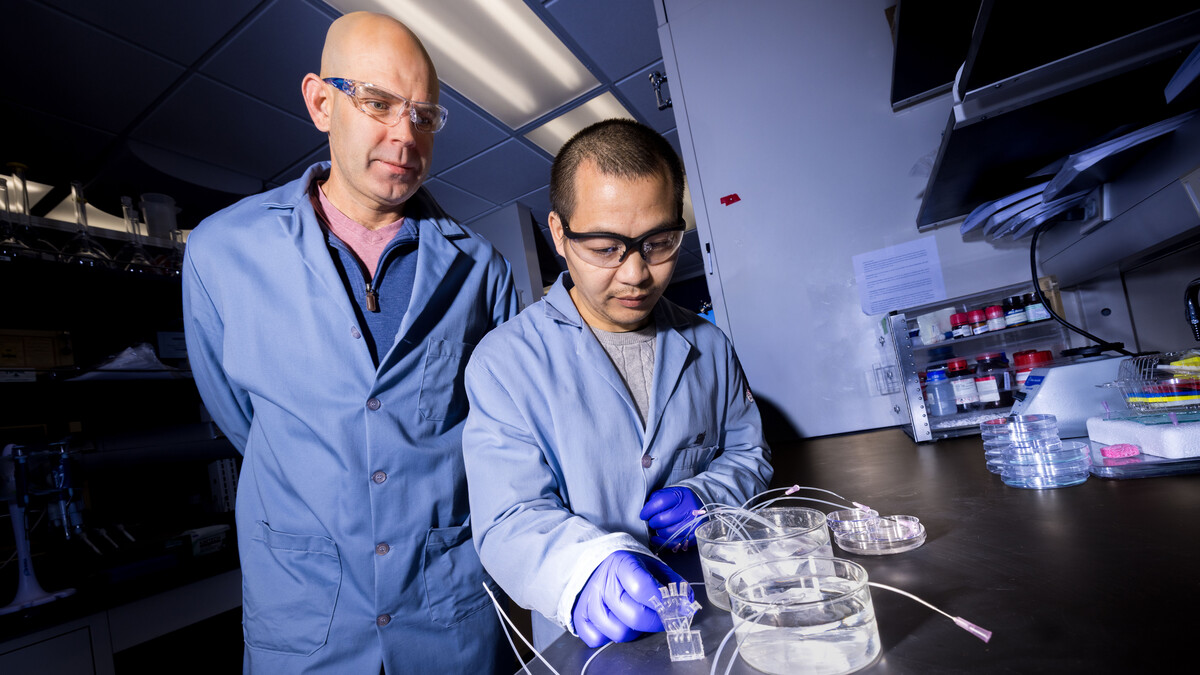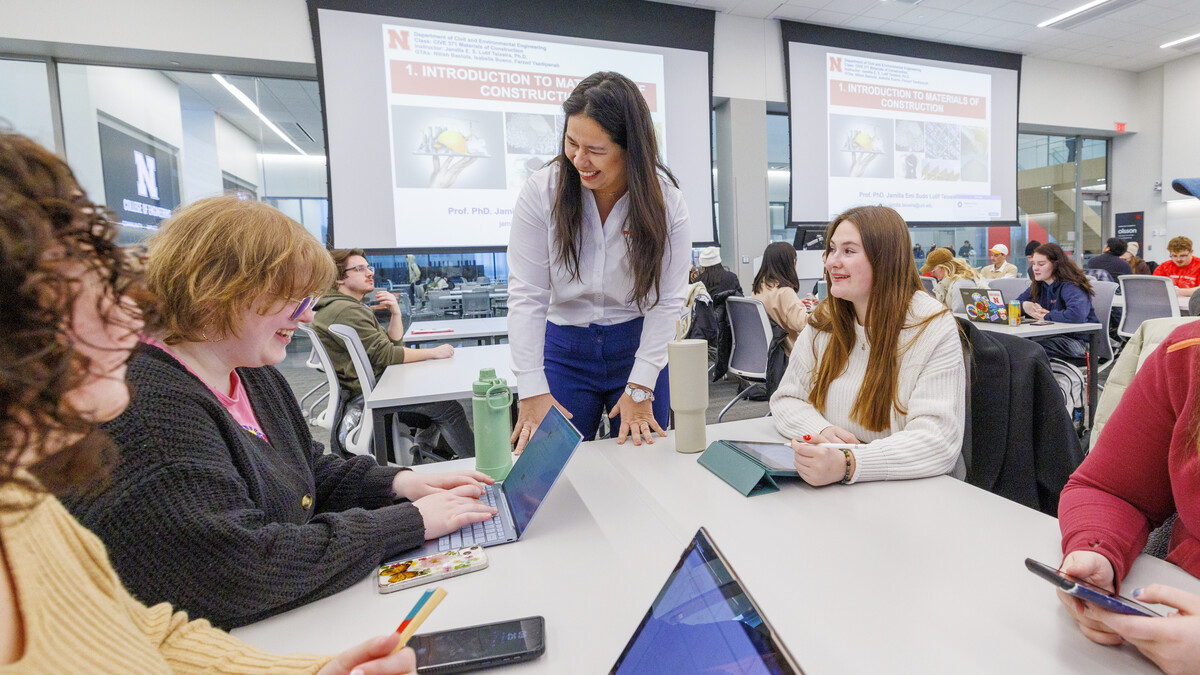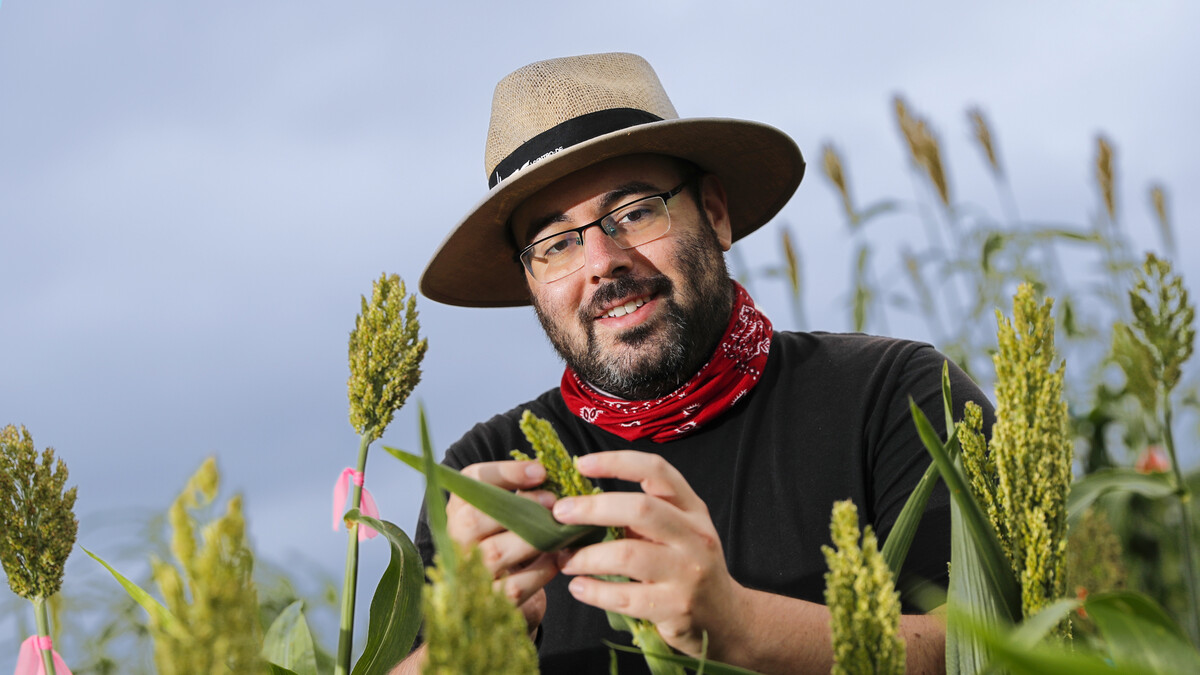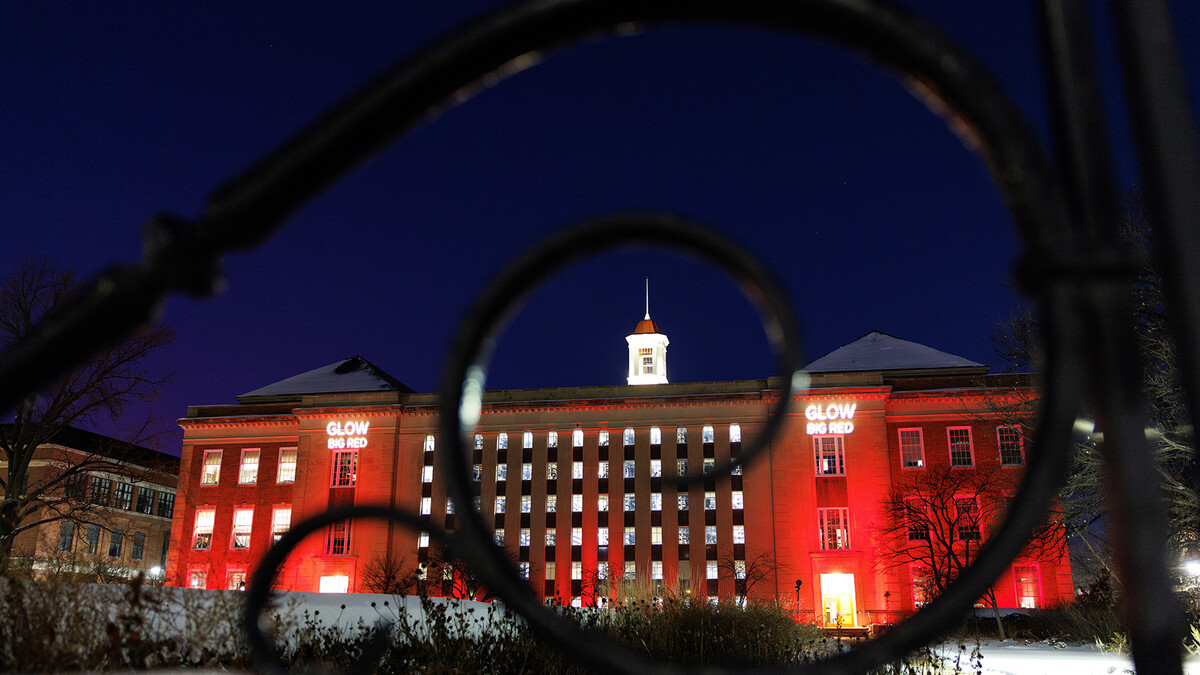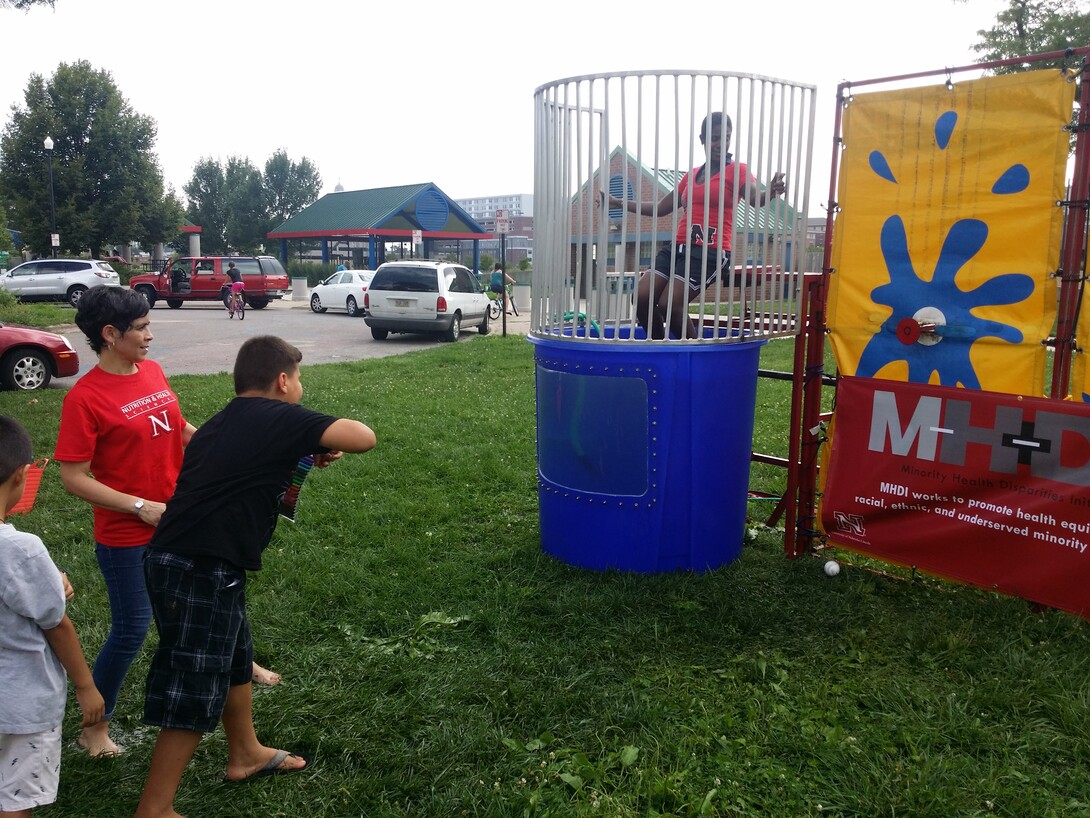
Kirk Dombrowski gets excited when he talks about the upcoming academic year and the developments taking place in the University of Nebraska-Lincoln’s Minority Health Disparities Initiative.
With a new round of funding from the Nebraska Tobacco Settlement Trust Fund now in place, the initiative is heading into its fourth year with goals that he hopes will leave an indelible mark on the state.
Among them: increasing the initiative’s presence in Nebraska towns and cities to develop focused and needed research.
“We’re working on developing community connections and finding out community needs,” Dombrowski said. “That’s important because from a research standpoint, research that is responsive to community needs does better. It’s better research, it gets funded more easily, it has long-term success and it’s cheaper to implement.”
With a support staff of administrators, grant writers and community outreach coordinators in place, the initiative is actively holding focus groups, attending community fairs and festivals throughout the state and speaking to leaders and policy makers.
One event, the Back to School Jam at the Malone Community Center in Lincoln, gave a handful of UNL researchers the chance to interact with about 500 elementary school children and their families through a health-themed dunk tank activity. Future events include focus groups in rural towns about access to mental health and health fair attendance in several areas of the state.
“We have researchers who want to and need, for research purposes and for their work, to have relationships with the communities,” Dombrowski said. “That’s not easy to do as a faculty member, but with a support team, it can be done.”
The newest topic to be tackled is Native health disparities in Nebraska, which Dombrowski said will be a priority this year.
“Native American health disparities are among the worst in the country and if we’re serious about dealing with health disparities, then that’s an obvious area that we need to look at,” he said.
Postdoctoral researcher Anitra Warrior, who has served as the former director of Health and Social Services for the Winnebago Tribe, was recruited to help the initiative take the lead in new research into Native health problems.
“Our hope is that we can present a strategic plan to UNL within a year to research Native American health disparities and my hope is that when we have a concrete, worked-out collaborative plan for dealing with this, that they’ll find the money to fund this research,” Dombrowski said. “This is an area that’s missing leadership and initiative and we can take the lead and be the focal point.”
Other goals for the upcoming year and beyond go along with MDHI’s overarching missions. Founded in 2012, the initiative is intended to strengthen the infrastructure of services available to faculty researching minority health disparities. It also builds networks of researchers to address a broad range of critical health issues in the state and nation.
With that in mind, the initiative now counts a core research group of 10 faculty from departments across the university, including psychology, sociology, communication studies, nutrition and health services, and child, and youth and family studies.
“We’ve recruited a whole cadre of mid- to early-career faculty from UNL who are interested in this kind of research who we felt are on the brink of doing really great things,” Dombrowski said. “These are people that we felt we could invest a little bit of time and money in and that the results would be off the charts.”
He said the initiative is still actively recruiting and will continue to grow as the initiative coordinates with more university units.
“Several departments are seeking faculty with these research interests,” Dombrowski said. “These are the kind of folks that may not have made it here because they didn’t have a community to join for information and mentoring.
“We are now in a position to provide that for them, the mentoring and the information and I think it’s causing a real sea change here.”
Though Nebraska is a small state, he said the impact the initiative could have is nearly limitless – and is encouraging all associated with MHDI to move forward with that in mind.
“The problems of Columbus, Nebraska, are the problems of somewhere else, so we’re helping Nebraska communities, but also making a difference elsewhere,” he said. “Our venture capital area is how do we translate the needs of the communities into viable research projects and do the matchmaking between these community issues, faculty researchers and the funding.
“That’s a significant challenge but we think we can do it.”




